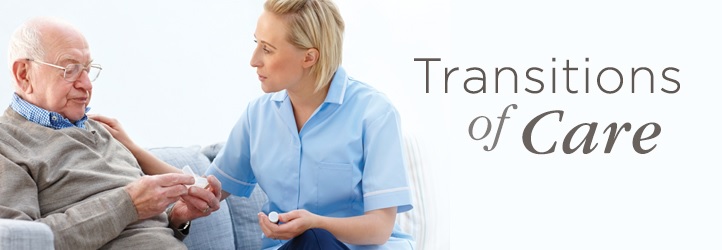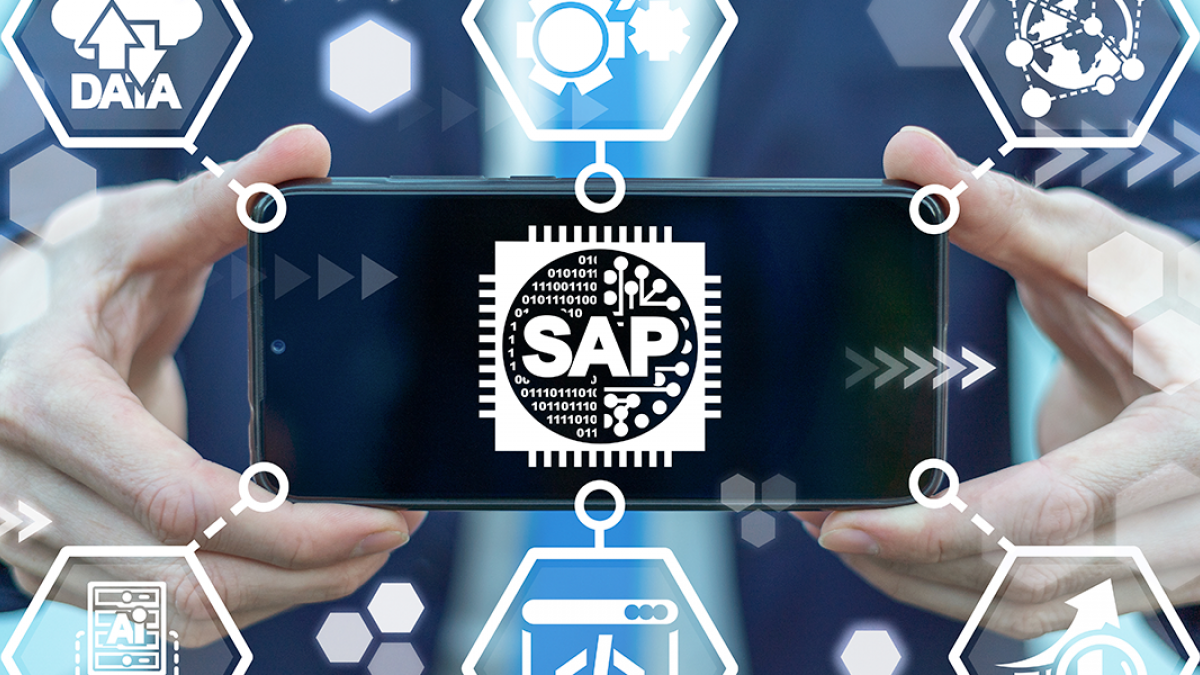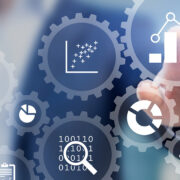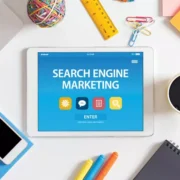
In the modern healthcare landscape, technology plays a pivotal role in enhancing patient outcomes and optimizing care delivery. One critical aspect where technology is making significant strides is in smoothing the transition of care. This article delves into how various technological advancements are revolutionizing this process, ensuring seamless and efficient patient transitions between different care settings.
Understanding Transitions of Care
Transitions of care refer to the movement of patients between different healthcare settings, such as from a hospital to home or a rehabilitation facility. This phase is crucial as it often involves changes in healthcare providers, treatment plans, and care environments. Mismanagement during these transitions can lead to adverse outcomes, including readmissions, medication errors, and overall dissatisfaction with care.
The Importance of Effective Care Transitions
Effective care transitions are essential for maintaining continuity of care, reducing readmission rates, and improving patient outcomes. Ensuring a smooth transition requires clear communication, accurate information transfer, and comprehensive discharge planning. Technology can bridge gaps in these areas, making transitions more efficient and less prone to errors.
Electronic Health Records (EHRs)
One of the most significant technological advancements aiding transitions of care is the widespread adoption of Electronic Health Records (EHRs). EHRs allow for the seamless sharing of patient information across different healthcare providers. This ensures that all relevant medical history, treatment plans, and test results are available to every healthcare professional involved in a patient’s care. By providing a unified source of truth, EHRs help reduce the risk of information loss and miscommunication.
Benefits of EHRs in Care Transitions
- Improved Communication: EHRs facilitate better communication among healthcare providers, ensuring that everyone is on the same page regarding a patient’s care plan.
- Enhanced Accuracy: With EHRs, the likelihood of errors in patient records is minimized, leading to more accurate and effective treatments.
- Timely Information: EHRs provide real-time access to patient data, which is crucial during transitions of care where timely decision-making is vital.
Telemedicine and Remote Monitoring
Telemedicine has emerged as a powerful tool in managing patient transitions. By enabling remote consultations and follow-ups, telemedicine ensures continuous care even after a patient has left the hospital. Remote monitoring devices, such as wearable sensors and home-based monitoring systems, allow healthcare providers to keep track of patients’ vital signs and health metrics in real time.
Advantages of Telemedicine
- Continuity of Care: Telemedicine ensures that patients remain in contact with their healthcare providers, reducing the risk of complications and readmissions.
- Convenience: Patients can receive care from the comfort of their homes, which is particularly beneficial for those with mobility issues or chronic conditions.
- Cost-Effective: Remote consultations can reduce the need for in-person visits, saving both time and money for patients and healthcare systems.
Mobile Health Applications
Mobile health applications, or mHealth apps, are increasingly being used to support transitions of care. These apps offer a range of functionalities, including medication reminders, appointment scheduling, and health tracking. By empowering patients to take an active role in their care, mHealth apps can improve adherence to treatment plans and ensure better outcomes.
Features of Effective mHealth Apps
- Medication Management: Reminders and alerts to help patients take their medications as prescribed.
- Appointment Scheduling: Easy scheduling and reminders for follow-up appointments.
- Health Tracking: Tools for monitoring vital signs, symptoms, and overall health status.
Patient Portals
Patient portals are another technological innovation that facilitates smooth transitions of care. These secure online platforms allow patients to access their health information, communicate with healthcare providers, and manage their care. By providing patients with easy access to their medical records, test results, and treatment plans, patient portals enhance engagement and self-management.
Benefits of Patient Portals
- Empowerment: Patients have control over their health information, leading to increased engagement in their care.
- Transparency: Clear access to medical records and test results promotes transparency and trust between patients and providers.
- Communication: Secure messaging features enable patients to communicate directly with their healthcare team, addressing concerns and questions promptly.
If you gained new insights from this article, explore our blog Nnevelpappermann Leaks for more enlightening content.
Artificial Intelligence and Predictive Analytics
Artificial intelligence (AI) and predictive analytics are transforming transitions of care by providing data-driven insights and personalized care plans. AI algorithms can analyze vast amounts of patient data to predict potential complications and recommend preventive measures. Predictive analytics can identify patients at high risk of readmission, allowing for targeted interventions and more effective care management.
Impact of AI on Care Transitions
- Risk Stratification: Identifying high-risk patients enables proactive management and reduces the likelihood of adverse events.
- Personalized Care: AI-driven insights can tailor care plans to individual patient needs, improving outcomes and satisfaction.
- Efficiency: Automation of routine tasks and data analysis streamlines the care transition process, making it more efficient and effective.
Conclusion
Technology is playing a crucial role in smoothing transitions of care, ensuring that patients receive continuous, coordinated, and high-quality care across different settings. From Electronic Health Records and telemedicine to mobile health applications and artificial intelligence, technological advancements are addressing the challenges of care transitions and improving patient outcomes. As healthcare continues to evolve, the integration of these technologies will be essential in delivering seamless and effective care transitions for all patients.











